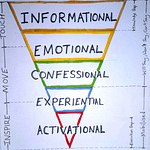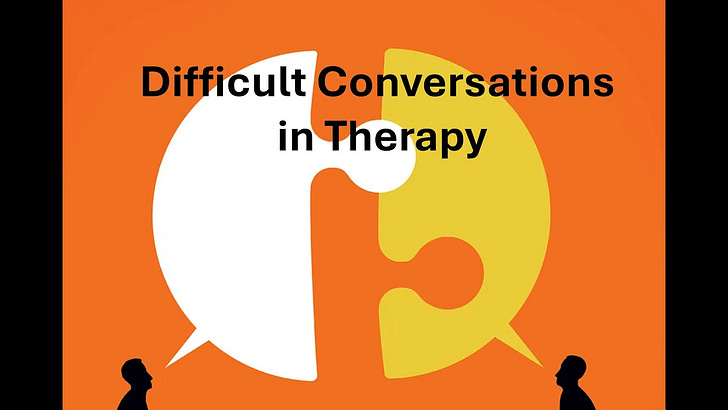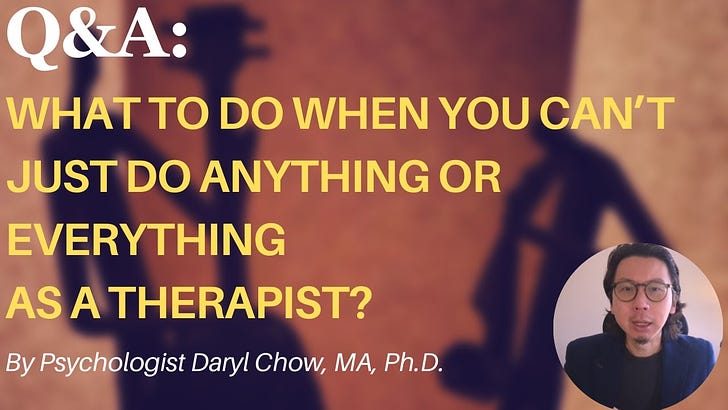n this week's tip, I'd talk about how we can specifically listen for changes between sessions, and why measuring a person's wellbeing matters more than a symptom-specific measure.
If you have missed the previous videos on how to improve working alliance and being outcome informed, here are links:
Time Stamps: 00:00: Introduction 00:47: Listening for Differences Between Sessions 01:02: Limits of Symptom-Specific Measures 02:53: Paying Attention to Changes Outside of Therapy
Note: Any personally identifiable information in clinical examples used are changed, in order to protect their confidentiality and privacy.
Related Links:
Melissa Bond's research on the limitations of the DASS measure and why it was not designed to be used as a routine outcome measure.
Podcast episode on The Dyson Vacuum Cleaner and Making Progress Visible
--- 📜 Becoming a Deep Learner: If you value lifelong learning and want to leverage this into your clinical effectiveness as a mental health professional, check out The Deep Learner course. https://darylchowcourses.teachable.com/p/deeplearner/ - -- 🎁 Finally, would like to receive 5 wicked handpicked recommendations each Friday? Subscribe to our Frontiers Friday newsletter: 🎯 https://darylchow.substack.com Here's a sample of past FF newsletters: 1. On Highly Sensitive Persons: https://darylchow.substack.com/p/4760832_frontiers-friday-101-sensitivity-part-i- 2. On Emotions: https://darylchow.substack.com/p/4760804_frontiers-friday-95-emotions-part-i- 3. On Deliberate Practice: https://darylchow.substack.com/p/4760599_frontiers-friday-51-deliberate-practice-part-v-













Share this post